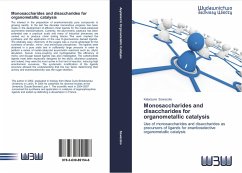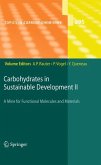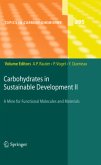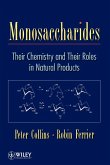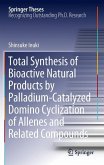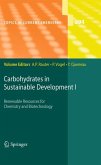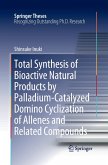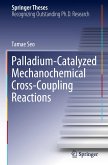The interest in the preparation of enantiomerically pure compounds is growing rapidly. In the last few decades tremendous progress has been made in the development of efficient chiral ligands for the metal-catalyzed asymmetric transformations. Currently, the asymmetric catalysis has been extended over a practical scale and many of industrial processes are carried out to produce chiral builing blocks. This work involved the synthesis and the application of the new D-glucosamine derived ligands. The relatively easy chemistry of the sugars was a crucial advantage for the synthesis of amido-, imino-, and amino-type phosphines. The ligands were obtained in a pure state and in sufficiently large amounts in order to perform a series of metal-catalyzed asymmetric reactions such as: allylic alkylation, Suzuki cross-coupling and hydrogenation. The efficiency of mono- and disugar based ligands was also investigated. The carbohydrate ligands have been especially designed for the allylic alkylation purposes, and indeed, they were the most active in this kind of reaction, inducing high enantiomeric excesses. The systematic modification of the ligands structure allowed the understanding that the key factor determining their activity and enantioselectivity was the sugar skeleton.

